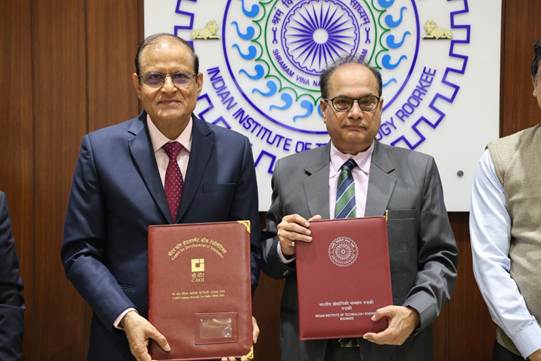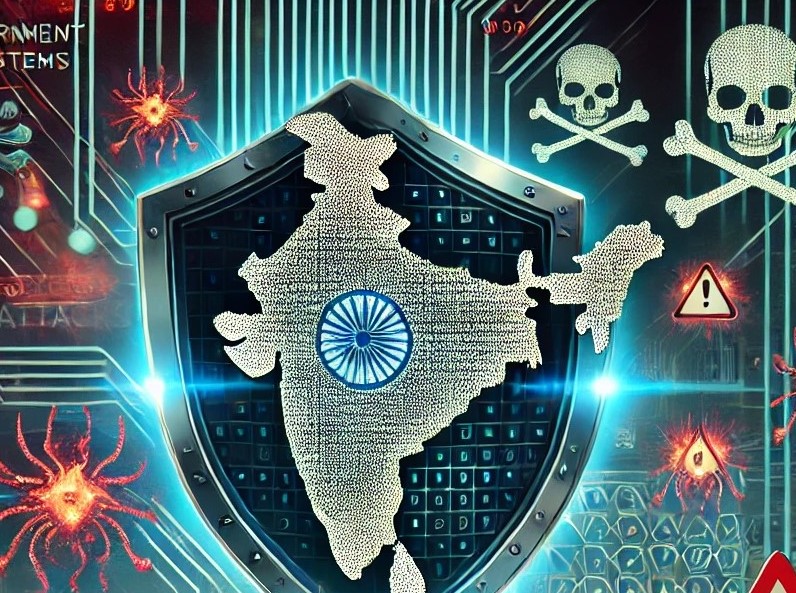India Hosts First-Ever 3GPP RAN Meetings on 6G Standardization in Bengaluru

The sessions, inaugurated on August 25 in Whitefield, will run until August 29, and bring together the world’s top telecom minds to discuss 3GPP Release 20 – the foundation for 6G specifications – along with the finalization of Release 19 for 5G Advanced.
Bengaluru, August 26: India has, for the first time, hosted the 3GPP Radio Access Networks (RAN) Working Group meetings in Bengaluru, marking a historic milestone for the country’s role in global telecom standardization. The sessions, inaugurated on August 25 in Whitefield, will run until August 29, and bring together the world’s top telecom minds to discuss 3GPP Release 20 – the foundation for 6G specifications – along with the finalization of Release 19 for 5G Advanced.
The meetings, organized by the Telecommunications Standards Development Society, India (TSDSI) with full support from the Department of Telecommunications (DoT), have drawn over 1,500 delegates from more than 50 countries — the highest-ever global participation for a 3GPP working group event. Participants include telecom majors, research institutions, and technical experts from across the world.
India’s Growing Influence
As one of the seven organizational partners of 3GPP, TSDSI represents India in the global standards-setting process. Officials said that hosting these meetings signals a shift in global telecom dynamics, with India emerging as an influential player in shaping next-generation technologies.
A DoT delegation is actively participating in the deliberations, underscoring the government’s commitment to advancing its 6G Vision, which seeks to position India among the leaders in future communications technology.
Empowering Domestic Stakeholders
The Bengaluru meetings also create a unique opportunity for Indian researchers, companies, and academic institutions to participate locally. By engaging directly in 3GPP discussions, Indian stakeholders can gain first-hand exposure, contribute to 6G standardization, and align with global developments in real time.
Experts say the event is likely to spark stronger industry-academia collaborations, promote indigenous innovation, and reinforce India’s position as a key contributor to the global telecom standards ecosystem.








